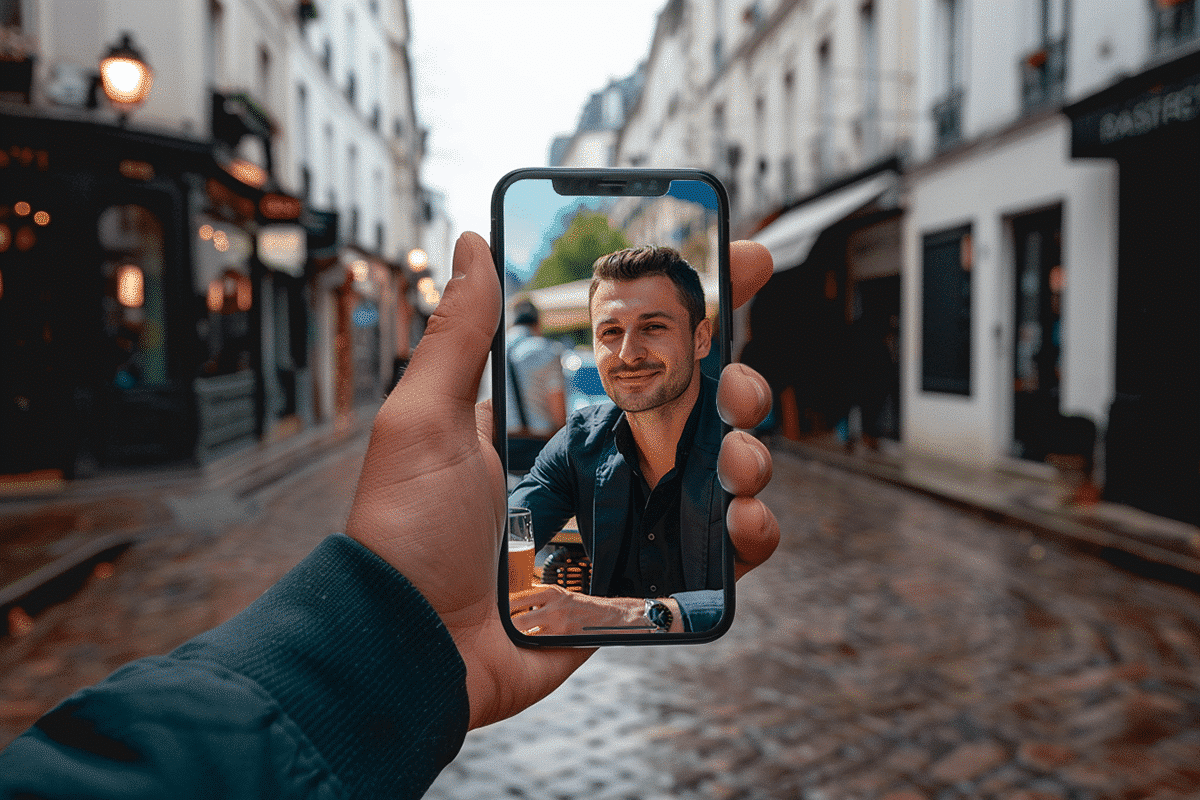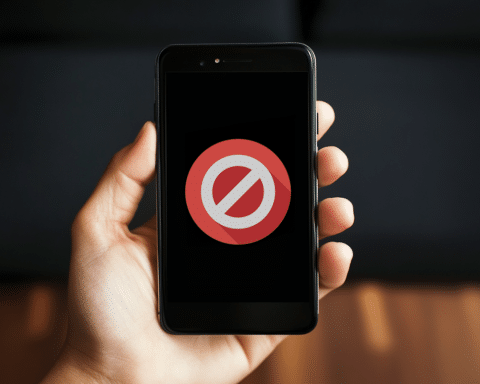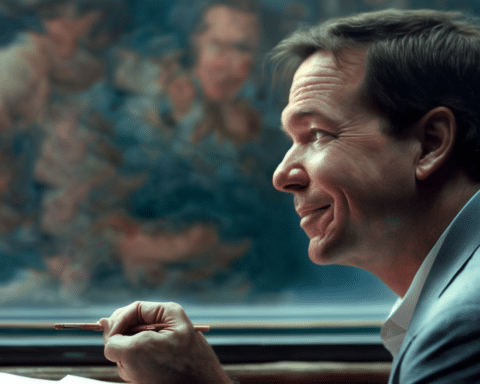In a surprising twist of digital strategy, Europe’s far-right movements are making significant headway on TikTok, leveraging the platform’s massive youth audience to advance their political agendas. Leading the charge is Jordan Bardella, a prominent figure in France’s far-right National Rally party, who has amassed over 1 million followers on the platform in under three years.
Bardella, mentored by Marine Le Pen, has eschewed traditional political content in favor of engaging in viral trends and showcasing everyday activities on his TikTok account. His approach, characterized by casual interactions, video game sessions, and nightclub appearances, resonates with a generation more interested in entertainment than conventional politics.
Across Europe, far-right parties are tapping into social media platforms like TikTok to reach younger demographics, recognizing their potential to sway elections. With polls indicating a growing trend of support for far-right ideologies among young voters, the upcoming European Parliament elections in June could see a significant impact.
A review of MEPs’ presence on TikTok reveals a substantial representation from right-wing and far-right factions, with Bardella standing out as one of the few successfully engaging with the platform’s young audience. Despite concerns about foreign interference and disinformation, politicians from the far-right are actively leveraging TikTok’s algorithms to amplify their content.
Critics argue that far-right politicians on TikTok use seemingly innocuous content to subtly disseminate political messages, shaping the perceptions of impressionable teenagers. Bardella’s content, for example, rarely mentions his political affiliations, making it challenging for viewers to identify his far-right connections.
While Bardella’s TikTok success may attract followers, experts caution that converting online popularity into political success is not guaranteed. Despite his large following, Bardella’s ability to translate TikTok engagement into electoral victories remains uncertain.
Nonetheless, far-right politicians continue to experiment with TikTok, betting on their ability to outsmart the algorithm and win over the TikTok generation. From bombastic TV appearances to fiery speeches framed by bright backgrounds and emojis, the far-right’s presence on TikTok during elections reflects a strategic shift in digital campaigning.
As Europe braces for a record number of elections in 2024, the influence of social media, particularly TikTok, on political discourse is undeniable. With billions of voters at stake, politicians are increasingly turning to platforms like TikTok to shape narratives and mobilize support, further blurring the lines between entertainment and politics.
The rise of Europe’s far-right on TikTok underscores the evolving landscape of political communication in the digital age. As politicians navigate this new terrain, the battle for hearts and minds on social media platforms like TikTok is shaping up to be a defining feature of contemporary politics.




